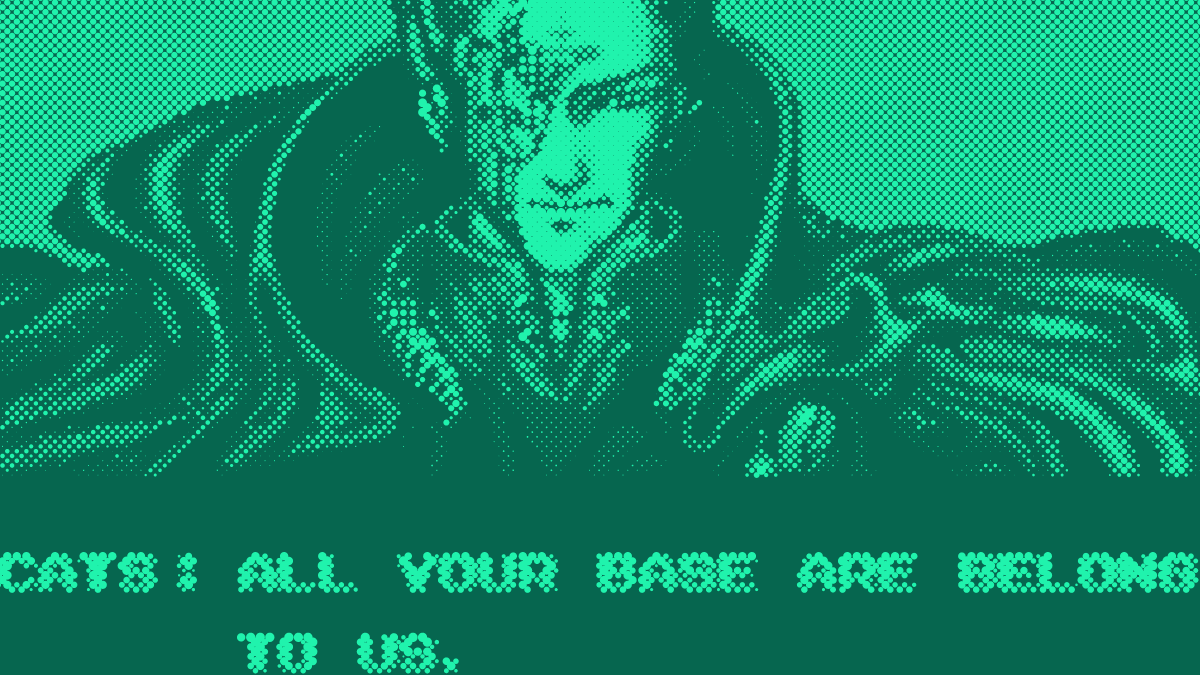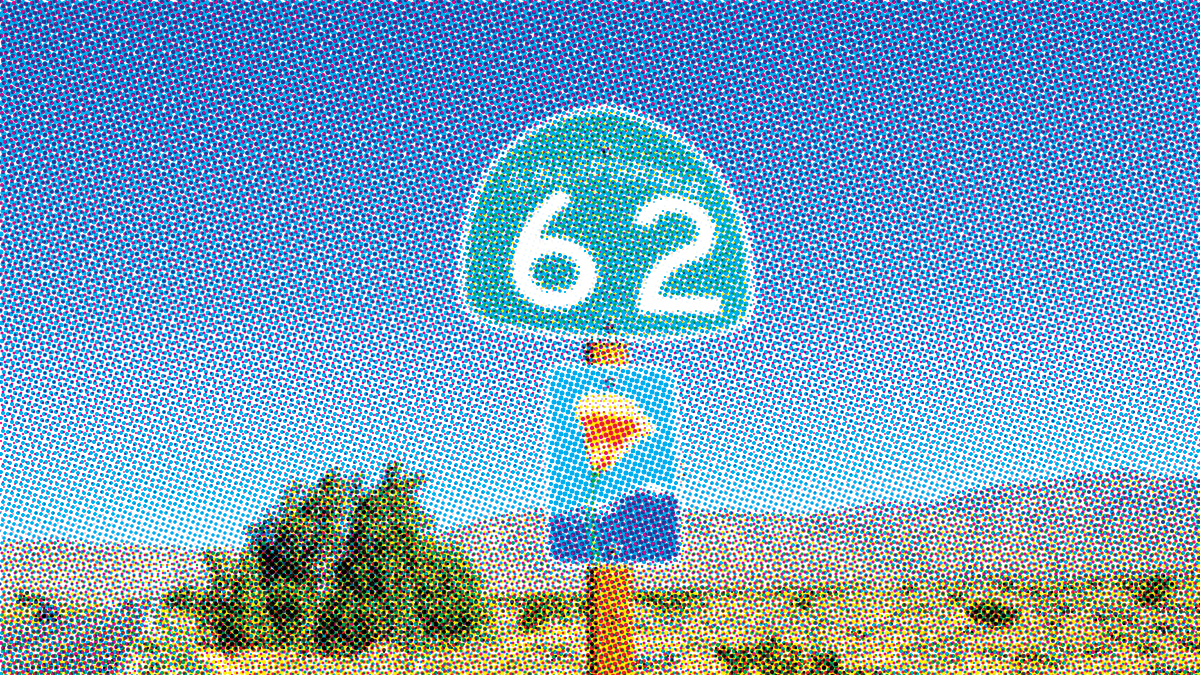Cloudflare's Zero Trust Browser is a dumb idea if I ever saw one. Here's why. And as a little bonus, we look at the Mighty browser, which is even more insane.
The Gemini protocol, a text-only alternative to normal websites, might be the perfect off-the-grid publishing platform. At the very least, it's damn cool. In an old-school, indieweb kind of way.
Here in Germany, we are plunging the country into an Orwellian nightmare which now, for the first time in the history of the country, also includes actual curfews. Meanwhile, the government's next anti-COVID-app is a complete failure on pretty much all levels.
Third-party cookies are on the way out and Google says it has found a privacy preserving way of replacing them, using a technology called Federated Learning of Cohorts. Is such a thing even possible? And what are the potential problems we, as web users, are facing here?
In this episode, Ubiquiti explains to us how to not run a company these days: Put things in the cloud needlessly, fuck up on security not once, but twice, and then mislead your customers about it.
With a Raspberry Pi, a camera and some open source software, anyone can record, recognise and store number plates on mass. What does that mean for the privacy of car owners and passengers now and in the future?
Why does medical data not belong to the patients? What does that do to science and hospital care? Plus: Why Visa cancelled their bid to buy the fintech startup Plaid.
Should you leave WhatsApp because it is sending data to Facebook? And what about Matrix? Does a federated protocol actually have a chance to replace messengers like WhatsApp?
In a timely, and very long episode, fellow critical thinker Michael Mullan-Jensen and I discuss the upcoming US Presidential Election, how voters might be manipulated to change its outcome and what it means from a privacy perspective.
A new privacy law is being voted on next month in California. It might change the way internet privacy is dealt with in all of the US, maybe even around the world. Plus: Do Not Track is back. Maybe, this time around, it will actually work.









